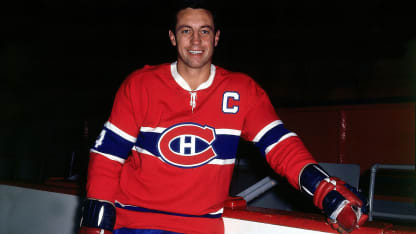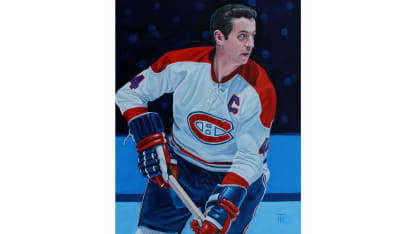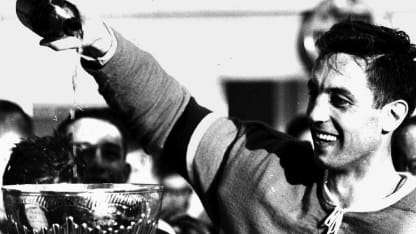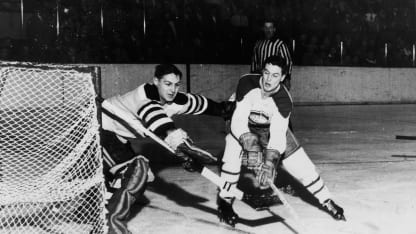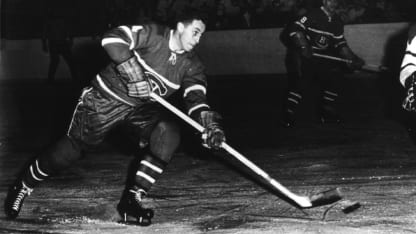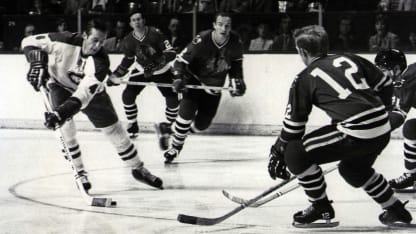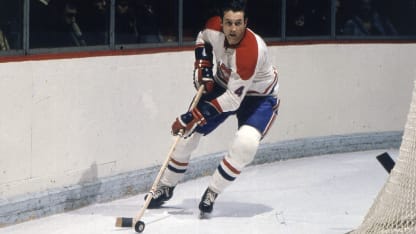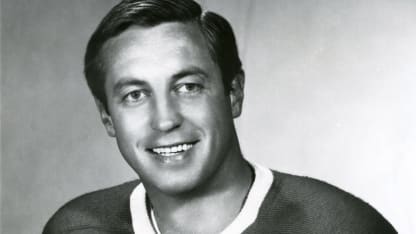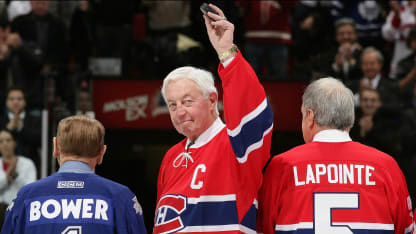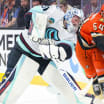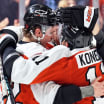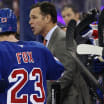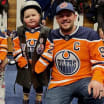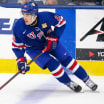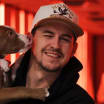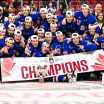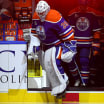Howe's one question had been about the boiling point of the young man's blood; Beliveau's reputation painted him as a bit of a gentle giant.
"I wondered, 'Is John mean enough to be a hockey player? What if I run him?' " Howe said. "Well, I gave him a little run and he just smiled. I said, 'Yeah, he's OK,' and that's the only time I ever tested him.
"I admire John not just because of his great, great ability as a hockey player, but for his demeanor in public. He's a complete gentleman. He came out to Saskatoon for a parade long ago, and four of my sisters came home 15 minutes after meeting him and said, 'We used to be Detroit fans.' The respect I have for this man is unreal, and it started the first time I ever saw him up in Quebec City. If you think he's a good hockey player, as a gentleman he's even better.
"John was an entertaining, unselfish, tremendous player with the ability to set up goals at will," Howe said. "As much as I've talked about him through the years, I've never had anyone say a darned thing bad about him. We didn't play on the same team but I consider John my friend. And that makes me a better man."
The feeling was entirely mutual. Beliveau and Elise often spirited Howe and his wife, Colleen, secretly to their Montreal-area home for dinner during their playing days, a time when fraternization with opposing players was against the rules.
Beliveau's renowned qualities of leadership and diplomacy extended well beyond the rink. He was asked in 1994 by Canada's then-Prime Minister, Jean Chretien, to consider putting his name in candidacy to become the country's Governor General, a job that assuredly would have been his. But he graciously declined, citing a need to spend time at home and to be a strong presence for the two young girls of his widowed daughter, Helene.
